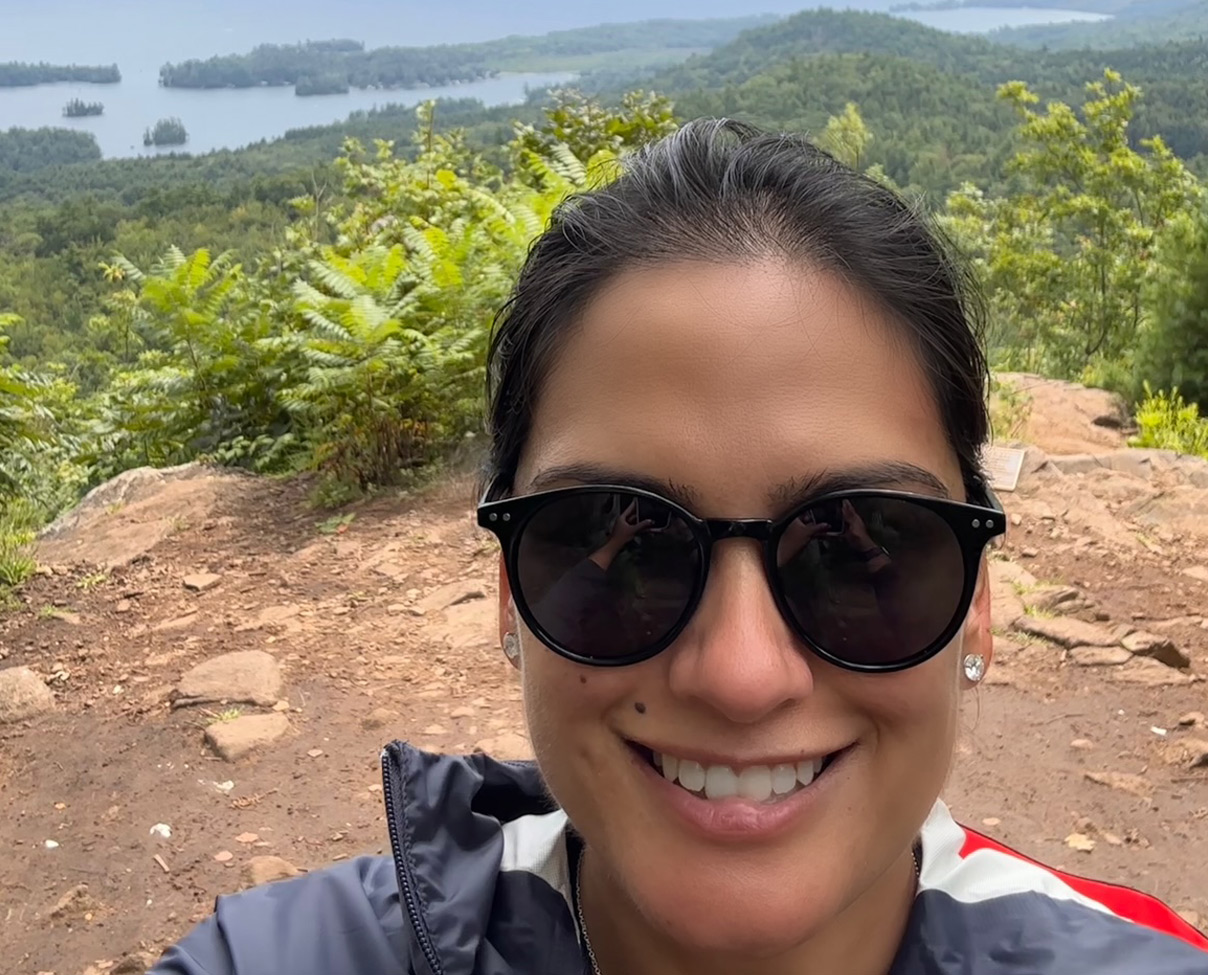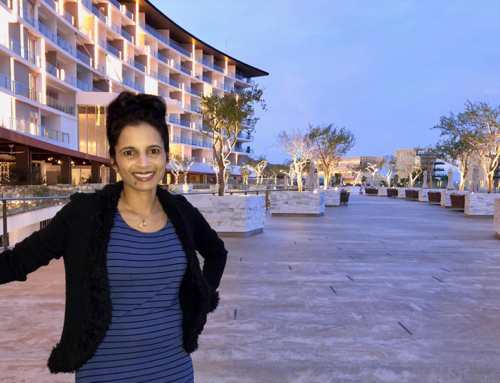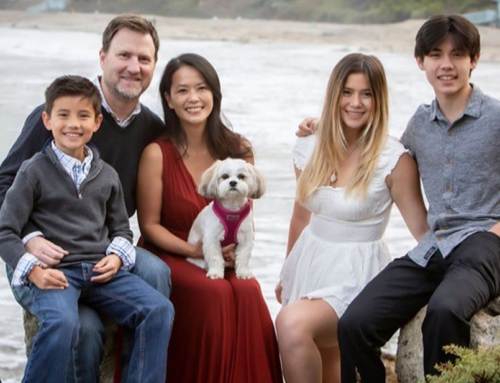“I send every qualified patient I see with ductal carcinoma in situ (#DCIS) for the #DCISionRT test, even the ones with a tiny low-grade lesion, because sometimes the test reveals an elevated risk recurrence score, which is surprising. And I never want to miss offering radiation modality options to patients who will benefit. I have seen the greatest decision impact on those women who were not inclined to undergo radiation but when their DCISion score is high, they choose to proceed with radiation.”
From an early age, Dr. Niti Dube was interested in medicine. Her experience in undergrad and medical school helped to shape her interest in a career in radiation oncology. “My dad was a doctor and I inherited the desire to help people thru medicine. I did my undergrad at MIT, which was very focused on science and technology. During that time I was a volunteer at Dana Farber Cancer Institute and decided that I wanted to treat cancer patients. I was especially drawn to clinical cancer care because I wanted that relationship with patients and making a difference in their lives. Radiation oncology was the perfect blend of science/technology, medicine and patient care.”
“I treat a lot of women with breast cancer in my practice. For DCIS patients, studies have shown that radiation can significantly decrease the recurrence rate, but we don’t know which patients will benefit most. I like to be proactive in the patients who would benefit from radiation therapy (RT), to reduce their chance of recurrence. Conversely, there are other women who are diagnosed with DCIS and probably wouldn’t benefit from radiation. I like to evaluate each patient and individualize the treatment. That is where DCISionRT comes into play. It allows me to be proactive with patients who have an increased likelihood of recurrence and safely omit radiation where there might be little to no benefit.”
“I send every qualified patient I see with DCIS for the DCISionRT test, even the ones with a tiny low-grade lesion, because sometimes the results reveal an elevated risk recurrence score, which is surprising. I never want to miss offering radiation therapy to the patients who will benefit from treatment. I have seen the greatest decision impact on those women who were not inclined to undergo radiation but when their DCISion score is high, they choose to proceed with radiation.”
“My patients are really excited about the DCISionRT test. I explain that it is based on their specific tumor and is both predictive and prognostic. They like getting actual numbers that quantify the benefit of radiation therapy, as well as provide a 10-year risk of recurrence score. It makes them feel more empowered and an active part of the decision-making process. It also allows for a more informed decision for the entire care team. We are not deciding for the patient; we’re providing additional information to guide their decision. Patients also appreciate that getting the DCISionRT test doesn’t require doing any additional procedures. We order the test based on their biopsy or lumpectomy sample.”
“At my institution, I typically order the DCISionRT test. The breast surgeons that I work with are very receptive to the test. They are actively seeking out information to better understand the test results and supporting clinical data.”
In addition to her practice, Dr. Dube is involved in local lectures on breast cancer treatment and participates in cancer awareness events. She also carves out time for family and friends. She lives in New York with her husband and twin daughters. “I love to travel, read, cook and spend time with my family and friends. One of our favorite family outings is hiking on nearby trails.”






